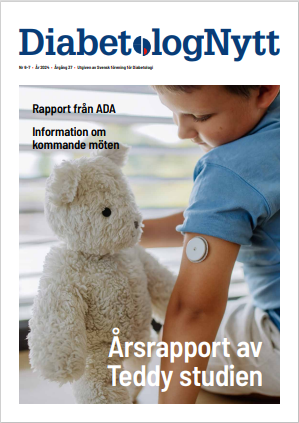NEW YORK (Reuters Health) – Treatment with liraglutide (Victoza) 1.8 mg for 26 weeks was well tolerated and improved liver enzymes in type 2 diabetics enrolled in six trials of the Liraglutide Effect and Action in Diabetes (LEAD) program, researchers say.
”Liraglutide (and other GLP-1 analogues) appears safe to use in overweight patients with diabetes that have mild to moderately deranged liver enzymes,” Dr. Matthew J. Armstrong from the University of Birmingham, UK, noted in an email to Reuters Health.
”In addition, this group of drugs may have a beneficial effect in patients with underlying liver disease secondary to fatty liver and steatohepatitis. This, however, requires prospective controlled-studies, which we are undertaking in Birmingham, to further understand its use in fatty liver disease,” he said.
Non-alcoholic fatty liver (NAFLD) is now one of the leading causes of liver disease worldwide due to the obesity and diabetes epidemics. ”However, we are still striving for a therapeutic option that improves their liver histology, as well as improving their cardiovascular risk,” Dr. Armstrong noted.
The GLP-1 analogues ”are a new, fascinating group of anti-diabetic drugs that improve glycemic control and aid with weight loss in overweight patients with type 2 diabetes,” Dr. Armstrong commented. ”In addition, laboratory studies have shown that they have a direct anti-steatotic effect on liver cells in culture.”
Yet questions still remain regarding their safety and efficacy in patients at risk of fatty liver disease. This issue prompted the Birmingham team to investigate the safety and efficacy of liraglutide on liver parameters by performing a meta-analysis of individual patient data from half a dozen 26-week phase III randomized controlled LEAD trials.
Among 4,442 patients with type 2 diabetes in the trials, 2,241 (50.8%) had an abnormal alanine transaminase at baseline (mean ALT 33.8 IU/L in women; 47.3 IU/L in men).
Liraglutide 1.8 mg reduced ALT in these patients vs placebo (8.20 vs 5.01 IU/L; p=0.003), the researchers reported online in Alimentary Pharmacology and Therapeutics.
This effect appears to be mediated by liraglutide’s action on weight loss and glycemic control, they say, because the effect was lost after adjusting for liraglutide’s reduction in weight (mean ALT difference vs. placebo 1.41 IU/L; p=0.21) and HbA1c (+0.57 IU/L; p=0.63).
Adverse effects with 1.8 mg liraglutide were similar between patients with and without baseline abnormal ALT.
The authors also report that in the LEAD-2 substudy, liraglutide showed a trend toward improving hepatic steatosis vs. placebo (liver-to-spleen attenuation ratio +0.10 vs. 0.00; p=0.07). However, this difference was reduced when correcting for changes in weight (+0.06; p=0.25) and HbA1c (0.00; p=0.93).
”Even though we could only investigate liver blood enzymes in this study, the results have led us into designing and running a multicenter, prospective, randomized, placebo-control phase II trial to investigate the effect of liraglutide on liver histology in patients with active non-alcoholic fatty liver and steatohepatitis. This study is being performed by the NIHR Liver Biomedical Research Unit at the University of Birmingham,” Dr. Armstrong told Reuters Health.
From Reuers Health
Aliment Pharmacol Ther 2012 Dec.
Nyhetsinfo
www red DiabetologNytt





